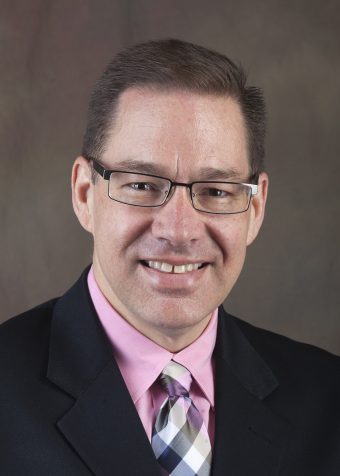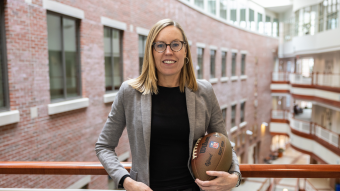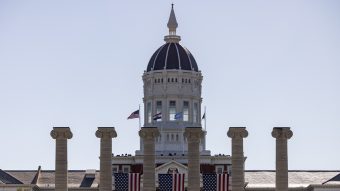March 11, 2020
Contact:
Eric Stann, 573-882-3346, StannE@missouri.edu
Mitchell S. McKinney, 573-489-9709, McKinneyM@missouri.edu
The views and opinions expressed in this “for expert comment” release is based on research and/or opinions of the researcher(s) and/or faculty member(s) and do not reflect the University’s official stance.

With the Democratic National Committee recently deciding to hold the March 15 Democratic presidential debate in Phoenix, Arizona, without a live audience, a University of Missouri presidential debate expert will be analyzing how that formatting change will impact the message strategies of Bernie Sanders and Joe Biden on the debate stage.
Mitchell S. McKinney is a professor of political communication and the director of the Political Communication Institute at the University of Missouri.
“Sunday night’s debate, with no live audience, could likely favor Joe Biden,” McKinney said. “Bernie Sanders’ communication style on the debate stage has been more energetic and frequently animated, drawing from and playing to the energy of the live audience. Joe Biden, on the other hand, has a more reserved and at times halting delivery. Without the enthusiasm and cheers of a live audience, Biden’s style may come across as more caring and earnest.”
McKinney has conducted extensive research on presidential debates and can provide reporters with insight, including the following questions:
- With other Democratic candidates including Michael Bloomberg, Pete Buttigieg and Amy Klobuchar all dropping out of the race and endorsing Joe Biden, what communication strategy will Biden now use to build a coalition that might influence the race going forward?
- With Elizabeth Warren out of the race, how will Bernie Sanders now attempt to unite the progressive or more liberal wing of the party, and can he also broaden his appeal to other party voters?
- What challenges do Biden and Sanders face in their upcoming debate performance in Arizona, and how might their performances affect the outcome of primaries in key battleground states such as Florida and Ohio?
- How will candidates navigate tensions on the debate stage to attack their primary opponent while also seeking party unity?
- How do these primary debates help the Democratic party and its voters address the key issue of candidate electability for the general election?
Editor’s Note: To view McKinney’s bio, please click here.
To arrange an interview with Professor McKinney, please contact Eric Stann at 573-882-3346 or StannE@missouri.edu.
The University of Missouri has a VideoLink ReadyCam TV interview studio. ReadyCam is capable of transmitting broadcast-quality standard-definition and high-definition video directly to all news media organizations around the world.



